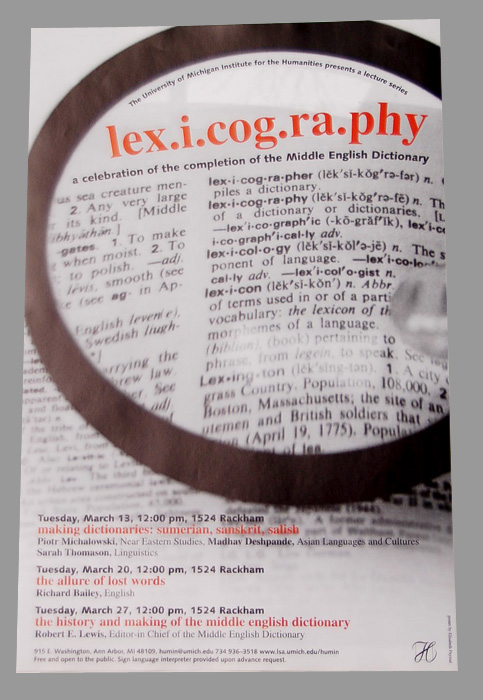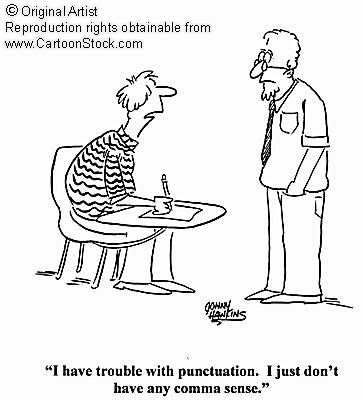 I myself have never been able to find out precisely what feminism is: I only know that people call me a feminist whenever I express sentiments that differentiate me from a door mat or a prostitute. ~Rebecca West, "Mr Chesterton in Hysterics: A Study in Prejudice," The Clarion, 14 Nov 1913, reprinted in The Young Rebecca, 1982
I myself have never been able to find out precisely what feminism is: I only know that people call me a feminist whenever I express sentiments that differentiate me from a door mat or a prostitute. ~Rebecca West, "Mr Chesterton in Hysterics: A Study in Prejudice," The Clarion, 14 Nov 1913, reprinted in The Young Rebecca, 1982
In Rosalie Maggio’s “Bias Free Language” essay, she answers the question: “Isn’t is silly to get upset about language when there are so many more important issues that need our attention?” (444). Maggio’s answer is a resounding no, and she explains that one’s speech is interconnected with one’s thoughts and behaviour. I agree that it is important to consider our word choice, and the power that we have to influence, offend or hurt another person with the language we use. I know that there have been times in my life when I have been quick to speak, and in doing so have unintentionally hurt or offended someone. I also agree with Maggio’s statement “Language both reflects and shapes society” (443). I am sure that there are major historical catastrophes that could have been avoided if someone had taken the time to rethink his or her word choice and the effect that it could have on another person or people. When I consider the power that language has to manipulate or dehumanize, Hitler’s treatment of the Jewish people comes to mind; the language he used within his hate
propaganda greatly contributed to the holocaust.
“The Word Police” by Michiko Kukutani is a sarcastic rebuttal to Maggio’s essay, and does make some good points about “the excesses of the word police”: “The ‘pseudogeneric he’ we learn from Ms. Maggio, is to be avoided like the plague, as is the use of the word ‘man’ to refer to humanity…The politically correct lion becomes the ‘monarch of the jungle,’ new-age children play ‘someone on top of the heap’, and the Mona Lisa goes down history as Leonardo’s “acme of perfection” (454-455). Humour aside, Kukutani’s main point is that “intolerance (in the name of tolerance) has disturbing implications” and distracts attention from “the real problems of prejudice and injustice that exist in society at large, turning them into mere questions of semantics” (455-456). Although I agree that we shouldn't let our perplexing over "questions of semantics" take our focus away from societal problems, I think what Kukatani fails to acknowledge is that language does lead to prejudice and injustice. Lauren discusses the importance of striking a balance between bias-free language and a ridiculous censorship of speech in her
"Word Power" blog.
As a woman I am grateful that a more politically correct climate of language has been ushered in. I have cringed when I have heard some of the more blatant sexist stereotyping and language. I have been called “little lady,” “sweetheart,” or “honey” by men I don’t know. I have heard men curse under their breath at a “woman driver,” I have been asked by potential employers if I have children, and how will I handle this sort of job with a family, and because I do have a family I have been asked by acquaintances if I have ever heard of birth control. When I hear someone use the word
hysterical to describe a woman, I am reminded that the origin of the word is connected to an ancient Greek belief that women were diseased “because blood from the grotesquely misshapen uterus somehow infected a woman’s brain.” I am grateful that Albertan women were given the right to vote in 1916, and in 2009 we should be given the right to a bias free language. I would hold up my demonstration sign with Nellie McClung any day!

 Like many of my
Like many of my
















